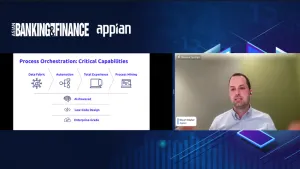News
Court rules against ANZ on late credit card fee charges
Australia's Federal Court has found late fees charged on the cards could be characterised as a penalty and may be legally unenforceable.
Court rules against ANZ on late credit card fee charges
Australia's Federal Court has found late fees charged on the cards could be characterised as a penalty and may be legally unenforceable.
Australia’s 4 largest banks downgraded under new S&P criteria
Four of Australia's biggest banks were downgraded by Standard & Poor’s under its revised criteria.
Most Australians saving regularly: ANZ report
Australians’ savings levels have increased to their highest since ANZ began measuring financial literacy in 2002.
BIDV offers low-interest loans for exporters
BIDV will provide a package of preferential loans worth VND5 trillion or US$240 million to boost exports in select sectors.
Techcombank to support SMEs with German loan
Techcombank will use a long-term loan from the German Investment and Development Company to assist small and medium-sized businesses in Vietnam.
Singapore's bank lending growth slows in Oct.
Singapore dollar lending in October grew a modest 0.3 percent to 406.5 billion Singapore dollars only.
Lone Star to cut KEB deal by 11%
Lone Star has agreed to cut the price of its 4.4 trillion won stake sale in KEB to Hana. Hana Financial Group and the U.S. private equity fund had agreed to lower the purchase price by about 1,490 won per share, or about 11 percent, to 3.9 trillion won, reports Reuters. Hana, South Korea's No.4 financial services group by assets, had originally agreed to pay about 13,390 won per share for a 51 percent stake in Korea Exchange Bank from Lone Star. It had sought to close the transaction early this year but had to extend it due to regulatory approval delays and legal disputes involving stock manipulation charges against Lone Star. Following a guilty verdict on stock manipulation charges, regulators last month ordered the Dallas-based fund to sell down its stake in KEB to below 10 percent within six months.
SBI kicks off mobile banking scheme for villagers
Villagers only need to produce a certificate from the headman along with photographs for opening of accounts.
Malaysia and Singapore signs deal setting up cross-border collateral arrangement
Financial institutions in Singapore may now obtain Singapore dollar liquidity from MAS by pledging Malaysian ringgit or ringgit-denominated sovereign and central bank securities.
Vietnam ease lending rules on property
The State Bank of Viet Nam eased restrictions on lending to the real-estate and some other non-production sectors. A recent central bank decision requires lenders to ensure credit at reasonable interest rates to secure social welfare and stabilise the economy. It lifts a virtual ban on lending to property and housing projects that the SBV had imposed last March by mandating that commercial banks' outstanding loans to non-production sectors should not exceed 16 per cent of total loans by year-end. But the figure remained stubbornly stuck at above 16 per cent since property developers were unable to repay their loans due to the market slump. The new decision removes the bulk of the property sector from the list of non-production sectors. Banks can again freely lend to developers building apartments for low-income people and workers in industrial, economic and processing zones. Another category they can lend to is housing projects that will be completed before 2012. Besides, individuals can obtain mortgages based on their wages to buy or upgrade houses. Analysts say this is mainly aimed at enabling banks to achieve the 16 per cent ratio.
Only 2 Chinese banks get S&P upgrade
Only two Chinese banks, Bank of China and China Construction Bank, were upgraded by Standard&Poor's, reports Xinhua News.
Mergers among weak banks not feasible: Vietnamese official
It was not a viable plan to carry out mergers among weak commercial banks, according to the deputy chairman of Vietnam's National Finance Supervision Committee. In order to strengthen a weak bank, it was essential to have sufficient funds to clear the bank’s bad debts, Le Xuan Nghia,said, adding that M&A between banks with financial weaknesses and liquidity shortage would make things worse as they obviously lacked funds to wipe out bad debts and already lost trust from depositors. As a result, Nghia suggested that financially-healthy commercial banks acquire weak ones and vice versa, weak banks should voluntarily seek to merge with large lenders. Through their M&A with small banks, big banks could take advantage of small banks’ operational network as well as customer base and enjoy future profitable opportunities as shareholders can sell their stock to foreign investors after the weak banks recover. Besides, experts worried that the actual bad debts in the whole banking sector were much higher than the publicized figures. Nghia commented on the issue, saying that Vietnam has been classifying bad debts differently from international standards.
ABBank to keep bad debts ratio below 3% until year end
ABBank aims to keep its bad debts ratio below 3% until the end 2011.
Vietnam banks may have insufficient funds to invest in debt
According to Bloomberg, Vietnam’s two-year government bonds snapped a three-day rally.
Citibank Korea Q3 net up 20.6%
Citibank Korea's third-quarter earnings jumped 20.6 percent from a year earlier.
Noor Islamic Bank mulls Malaaysian expansion
Noor Islamic Bank is mulling an expansion to Malaysia to tap opportunities in Southeast Asia.
Bank of China's profit after tax up by 22%
Bank of China recorded a profit after tax of RMB101.28 billion in the first three quarters, an increase of 22.09% compared with the same period of 2010.



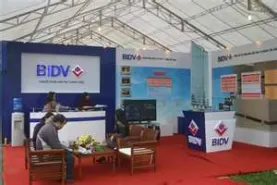
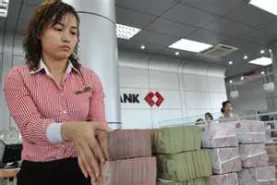
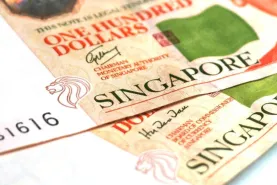
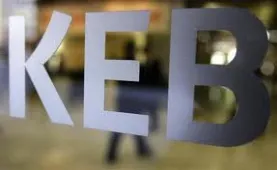
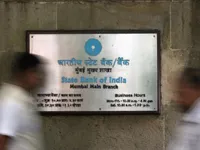
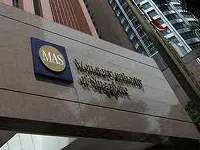
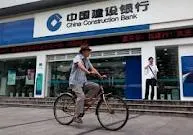

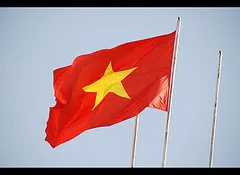


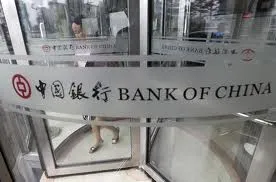

 Advertise
Advertise


